
Hacking the Planet (start time: 10:24):
It’s tough to wrap one’s mind around just how monumental and consequential the problem of climate change is. So dire that scientist and engineers for years have been exploring ways to “hack” the planet–to manipulate the global climate system enough to significantly reduce planet-warming gases or increase the Earth’s ability to reflect solar radiation. This audacious scheme, called geoengineering, only exists because many scientists think that human behavioral change, industry regulations, international treaties and national legislation, have not done enough — can not do enough – to keep us from careening toward climate catastrophe.
Our guests today have given this huge challenge a lot of thought and some research. Dr. Lisa Dilling is an associate professor of Environmental Studies at CU Boulder and a fellow at the Cooperative Institute for Research in Environmental Sciences, or CIRES. Dr. David Fahey is a physicist at the National Oceanic and Atmospheric Administration, or NOAA. He directs the Chemical Sciences Division at NOAA’s Earth System Research Lab in Boulder.
Some relevant materials on geoengineering:
2017 study on public perception of climate change;
2015 National Research Council committee evaluation of proposed climate-intervention tchniques.
Hosts: Susan Moran, Joel Parker
Producer: Susan Moran
Engineer: Joel Parker
Contributor: Chip Grandits
Executive Producer: Susan Moran
Listen to the show here:
Podcast: Play in new window | Download (Duration: 29:24 — 26.9MB)
Subscribe: RSS




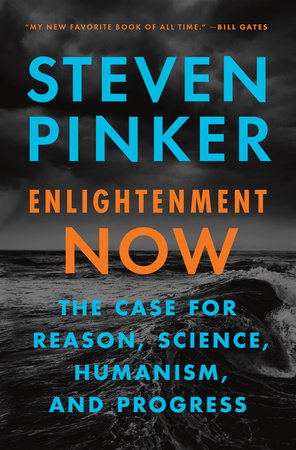
 You may be among many who wistfully harken back to the “golden days” of the past. For some people the past does look rosier, or perhaps the present looks grim, but, according to
You may be among many who wistfully harken back to the “golden days” of the past. For some people the past does look rosier, or perhaps the present looks grim, but, according to 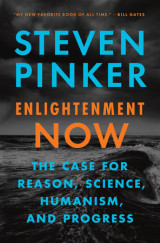 Today’s pledge-drive show features parts of our recent interview with Steven Pinker.
Today’s pledge-drive show features parts of our recent interview with Steven Pinker.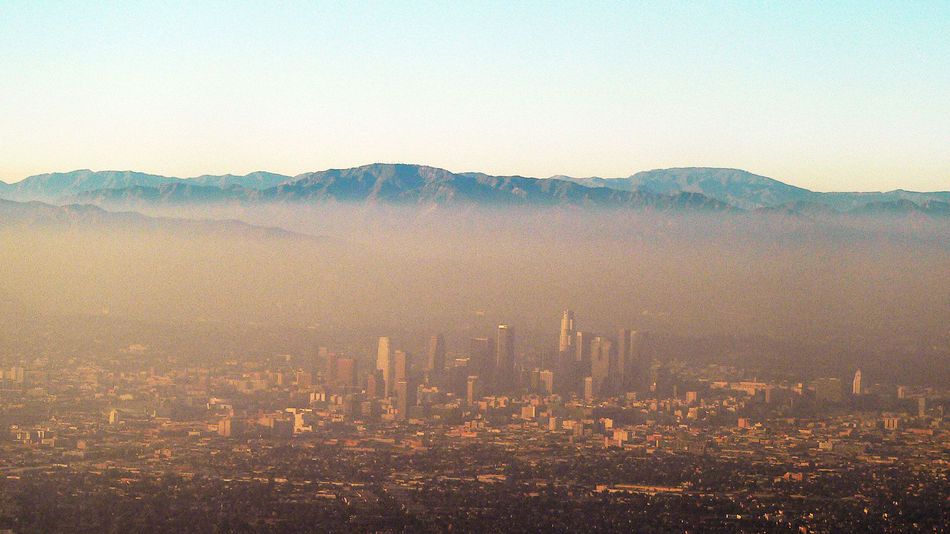





 For this end-of-the-year/start-of-the-year How on Earth show, we look back to 2017 with clips from some of our features from the past year: selections about tracking methane leaks,
For this end-of-the-year/start-of-the-year How on Earth show, we look back to 2017 with clips from some of our features from the past year: selections about tracking methane leaks, 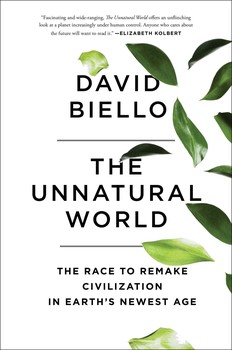
 The Unnatural World (start time: 6:58): It’s an audacious topic for a book: the planet, and audacious individuals who are working to save — actually, to remake — human civilization and our home on Earth.
The Unnatural World (start time: 6:58): It’s an audacious topic for a book: the planet, and audacious individuals who are working to save — actually, to remake — human civilization and our home on Earth. 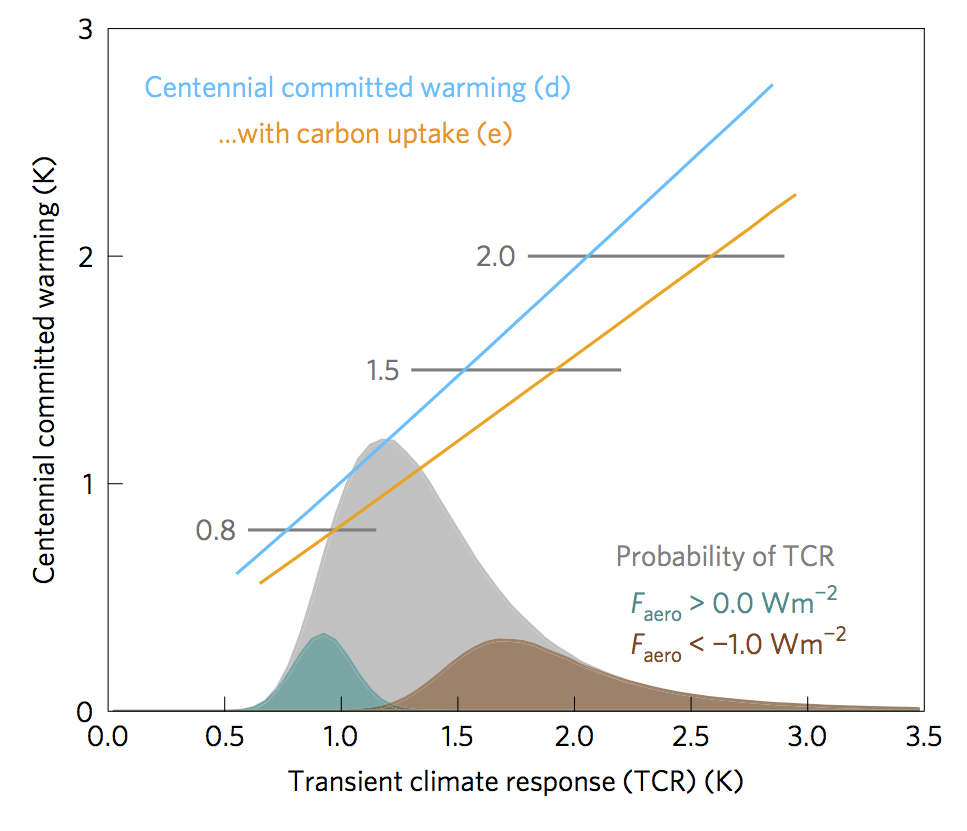
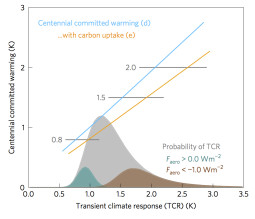
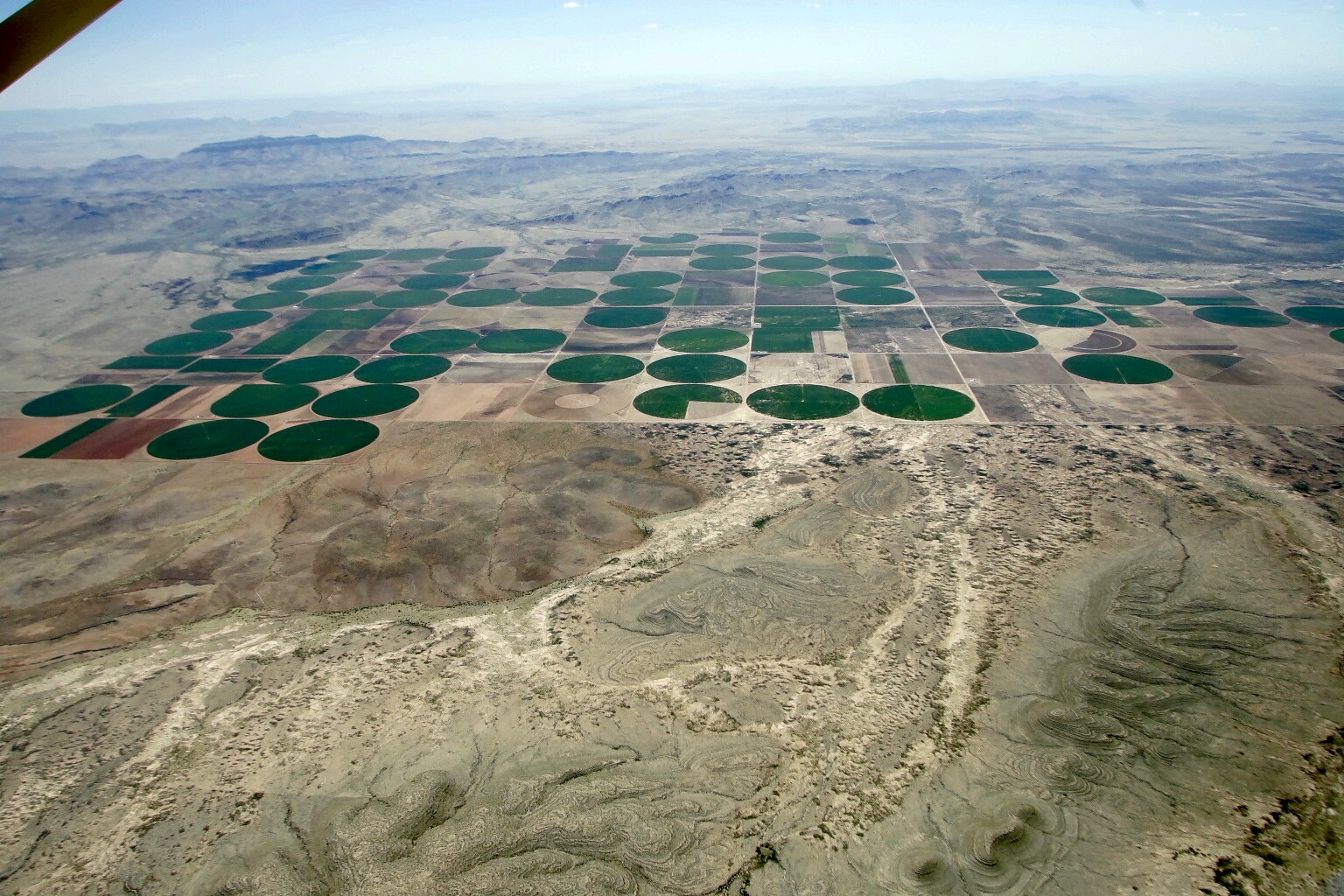

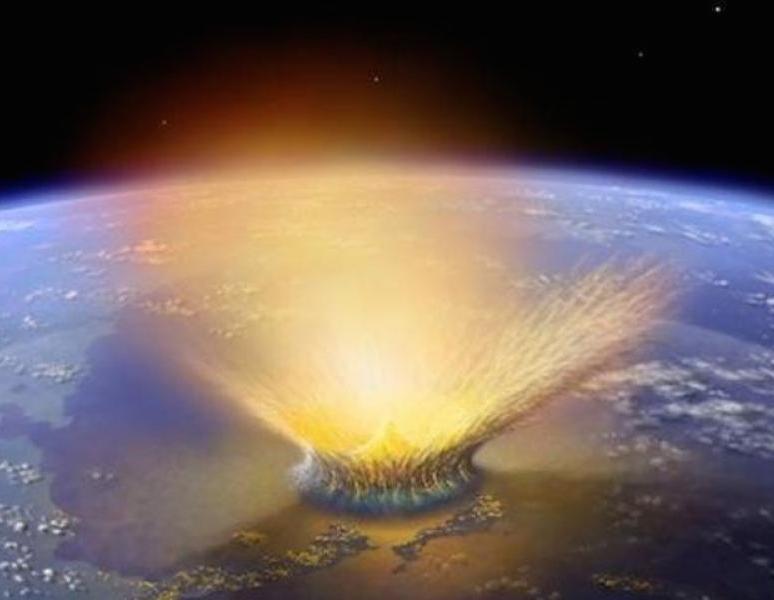
 Climate Change and Extinctions Following an Asteroid Impact (starts at 8:45) It has been hypothesized that the dinosaurs were killed off by a large asteroid that struck the Earth. The details of how the impact of a 10 kilometer diameter asteroid led to global scale extinction have remained elusive. Recently, climate researchers from the Boulder area published new climate model results that show how the asteroid impact ultimately leads to widespread cooling in the atmosphere and increased exposure to ultraviolet radiation. These drastic and rapid changes to the climate due to the asteroid impact may explain the global scale extinction.
Climate Change and Extinctions Following an Asteroid Impact (starts at 8:45) It has been hypothesized that the dinosaurs were killed off by a large asteroid that struck the Earth. The details of how the impact of a 10 kilometer diameter asteroid led to global scale extinction have remained elusive. Recently, climate researchers from the Boulder area published new climate model results that show how the asteroid impact ultimately leads to widespread cooling in the atmosphere and increased exposure to ultraviolet radiation. These drastic and rapid changes to the climate due to the asteroid impact may explain the global scale extinction.